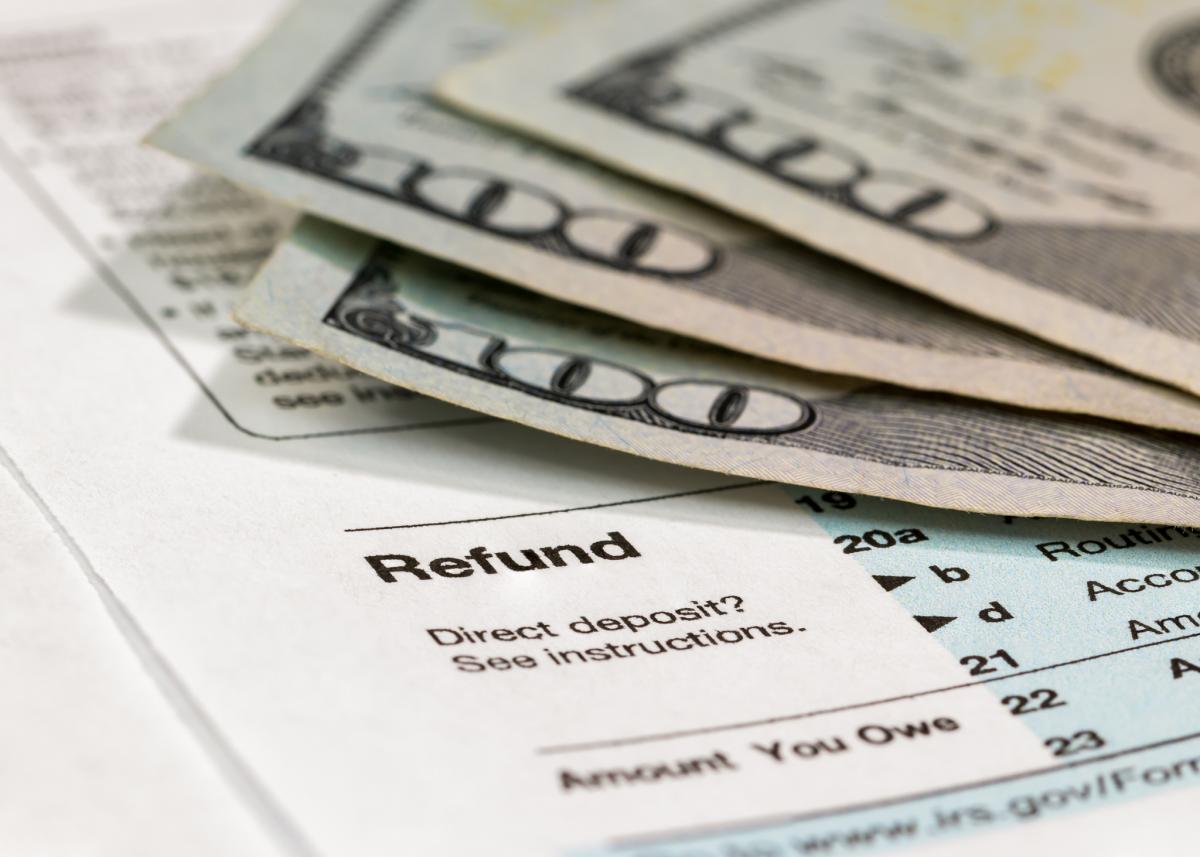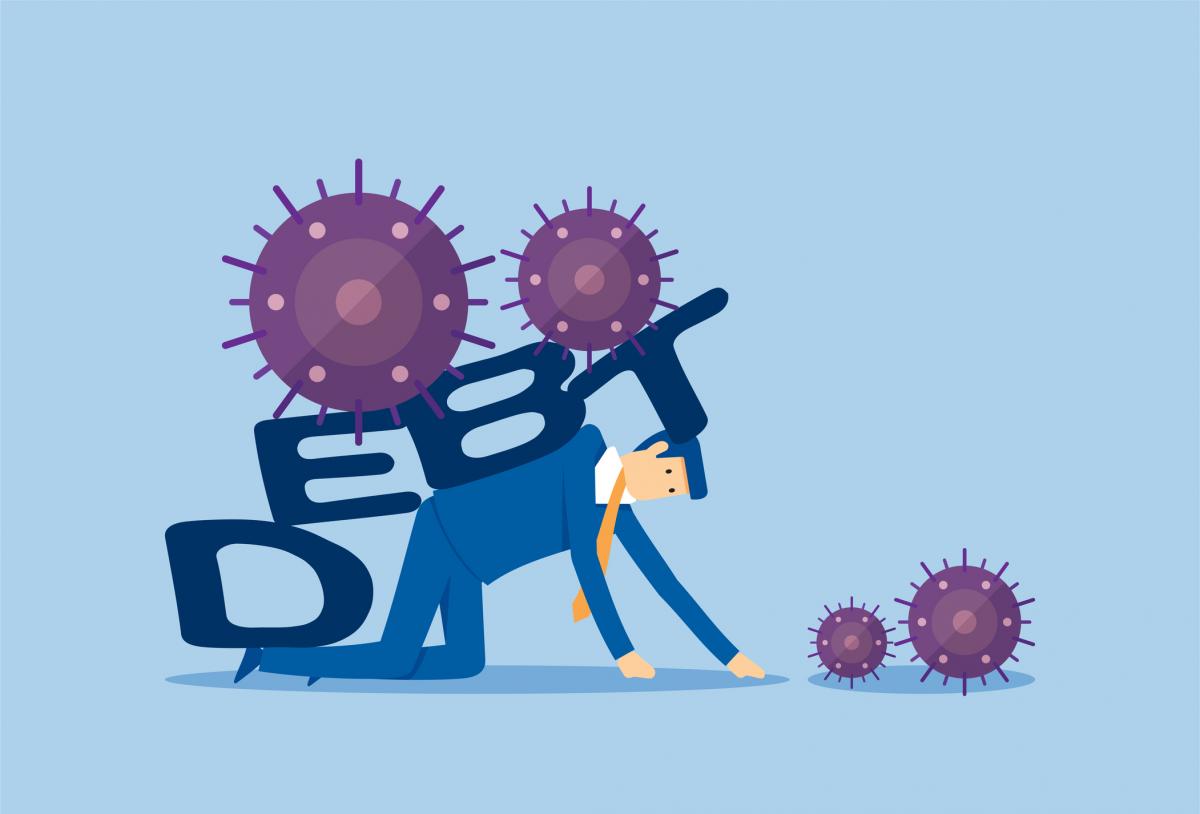Household debt increased by $1 trillion
Submitted by the Bond & Botes Law Offices - Thursday, February 17, 2022

Recently it was reported that Americans added over a trillion dollars in debt during 2021. To put that into perspective that is a little more than $2,750 for every person in the country. This is the largest amount recorded in 14 years.
Your Tax Refund and Bankruptcy
Submitted by the Bond & Botes Law Offices - Monday, January 24, 2022

It comes up every tax season. You’re looking forward to receiving a big tax refund check, and you’re also working hard to get your bankruptcy case filed. So, what happens to your tax refund in a bankruptcy case?
Student Loan Debt - and How to Avoid It
Submitted by the Bond & Botes Law Offices - Friday, December 17, 2021

It is no secret that going to college will cost money. Along with tuition, currently $545 per credit hour for in-state students at the University of Alabama, there are many more costs to consider when going to college; housing, food, travel, books, fees, and all these before one football game or social event.
Inflation and the impact on Your Debt
Submitted by the Bond & Botes Law Offices - Friday, November 19, 2021

It is a cold fact that everything is getting more expensive. Inflation is cruel, making the cost of what you need today like gas, food, clothes, and just about everything more expensive. For many that have incurred debt like mortgages, car loans, credit cards, and medical debt, inflation will surely require hard choices.
Bankruptcy and Employment
Submitted by the Bond & Botes Law Offices - Wednesday, October 13, 2021
A common question asked by our clients who are contemplating filing bankruptcy is whether or not doing so will affect their employment. According to 11 U.S. Code § 525, neither a government or private employer “may terminate the employment of, or discriminate with respect to employment against ...
What is Debt Settlement?
Submitted by the Bond & Botes Law Offices - Friday, September 17, 2021
Debt settlement typically involves contracting with a debt settlement company to handle the negotiations for you. For a fee, the company will negotiate with your creditor to accept a reduced lump-sum payment of what you owe them, mostly on unsecured debt like credit cards.
Medical Debt as a Result of the Pandemic
Submitted by the Bond & Botes Law Offices - Friday, June 18, 2021

If you were treated for Covid-19, and the medical bills have started rolling in it’s especially important to be aware of your rights and how to best handle bills that you can’t pay immediately. If you were diagnosed with and treated for Covid-19, make sure you understand how the specific laws enacted could help.
When Should You File Bankruptcy
Submitted by the Bond & Botes Law Offices - Monday, June 7, 2021

It’s never fun to consider declaring bankruptcy. But, believe it or not, bankruptcy can be a smart financial decision in certain situations. Bankruptcy is designed to give people a fresh start when they need one. And if you file for bankruptcy, you’re taking a big step towards getting your finances under control. That’s always a responsible goal.
Timing Counts When Filing Bankruptcy
Submitted by the Bond & Botes Law Offices - Friday, May 29, 2020
Many people wait too long to file bankruptcy. We have reported before that the average person who files for consumer bankruptcy has been struggling with debt for two to five years before making the decision. That’s a long time to live with financial stress, and often means a lot of hard-earned money down the drain in the form of interest and late fees. Delaying a bankruptcy filing can also have consequences such as foreclosure, wage garnishment and automobile repossession.
Don't Overlook These When Making a Budget
Submitted by the Bond & Botes Law Offices - Thursday, June 8, 2017
 Following a Budget is absolutely critical to keeping your finances in check. But, if you keep going over each month, you need to ask yourself why? Here are several places that people spend throughout the year, but often do not realize it until too late. Make sure these items are in your budget on a monthly basis so you are not caught overlooking them and allocating your money improperly.
Following a Budget is absolutely critical to keeping your finances in check. But, if you keep going over each month, you need to ask yourself why? Here are several places that people spend throughout the year, but often do not realize it until too late. Make sure these items are in your budget on a monthly basis so you are not caught overlooking them and allocating your money improperly.

 1-877-581-3396
1-877-581-3396

